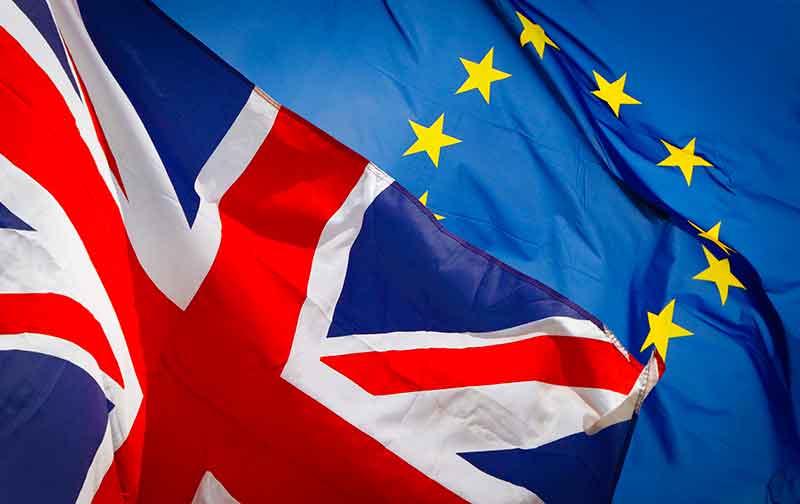Days
Hours
Minutes
Seconds
May 1 2026 - Renters' Right Act Commencement Day
You have 0 days to:
Serve any final Section 21 notices
Stop accepting above-asking rent offers
Prepare for the rental bidding ban
Remove “No DSS” from adverts
Remove “No Children” from listings
Show one clear rent price
Stop using fixed-term agreements
Switch to periodic tenancy templates
Check which tenancies go periodic
Stop taking rent before signing
Take no more than one month’s rent
Move all evictions to Section 8
Train staff on new notice rules
Create Section 13 process flow
Add two months to rent reviews
File court claims for Section 21s
Update landlord move-in grounds
Update landlord selling grounds
Send the RRA Information Sheet
Create written terms where missing
Update How to Rent processes
Review tenant screening questions
Update pet request processes
Stop backdating rent increases
Discuss rent protection backbooks
Act now before it is too late...
Brexit: How will the transition period affect your lettings agency?
When the UK leaves the EU on 31st January 2020, it will enter an 11-month transition period, designed to provide time for the details of the new relationship between the UK and the EU to be agreed.
Andrea Warmington
Jan 20, 2020
The United Kingdom has left the European Union, marking the beginning of an 11-month-long transition or “implementation” period. The Government has ruled out extending the transition period beyond the end of 31 December 2020. The transition period is designed to provide time for the details of the new relationship between the UK and the EU to be agreed. The EU will not negotiate the details of new arrangements with the UK while it is still a member of the EU.
During the transition period
The UK will continue to be treated as a member of the single market and customs union, and will remain a part of the EU’s economic institutions and security cooperation arrangements during the transition period, according to a guide to the transition period by the Institute for Government. During this period, freedom of movement will remain in place and citizens’ rights will be unchanged. The UK will still be subject to EU law and the rulings of the European Court of Justice.
During the transition period, the UK and EU will need to hammer out the details of their future relationship, including a UK-EU free trade deal, which is essential if the UK is to continue to trade with the EU with no tariffs or quotas after the transition, notes the BBC. Other aspects of the future UK-EU relationship that will need to be decided during this period include agreements on law enforcement, data sharing and security, and how immigration will be managed after freedom of movement has ended.
After the transition period
There are three possible outcomes at the end of the transition period:
A UK-EU trade deal comes into force: If a UK-EU trade deal is agreed and ready, the UK could begin the new trading relationship immediately, according to the BBC. However, the BBC notes that if a trade deal has been reached but there are still questions about arrangements in other areas, then the trade deal would go ahead but contingency plans would have to be activated for other parts of the relationship.
The transition ends with no EU trade deal: If the UK and EU negotiators have not agreed on a trade deal by 1 January 2021 and no transition extension has been agreed, the UK would start trading on WTO (World Trade Organization) terms with the EU, making most UK goods subject to tariffs until a free trade deal was ready, according to the BBC. Any other aspects of the future relationship that aren't ready would also proceed on no-deal terms.
The transition period is extended: If a trade deal is “in sight but not finalised”, notes the BBC, the transition period could be extended, with the agreement of the EU. Both sides would need to agree to an extension by 1 July 2020. However, Prime Minister Boris Johnson has ruled out extending the transition period beyond 31 December 2020.
The Institute for Government notes that, even without a deal, the UK would continue to follow the EU rules which have been transferred into UK law through the EU Withdrawal Act 2018. At the end of the transition period, the UK could diverge from EU rules “if it decided not to follow future changes in EU law, if UK courts decided to interpret existing EU law differently, or if the government introduced changes into UK law,” according to the Institute for Government.





